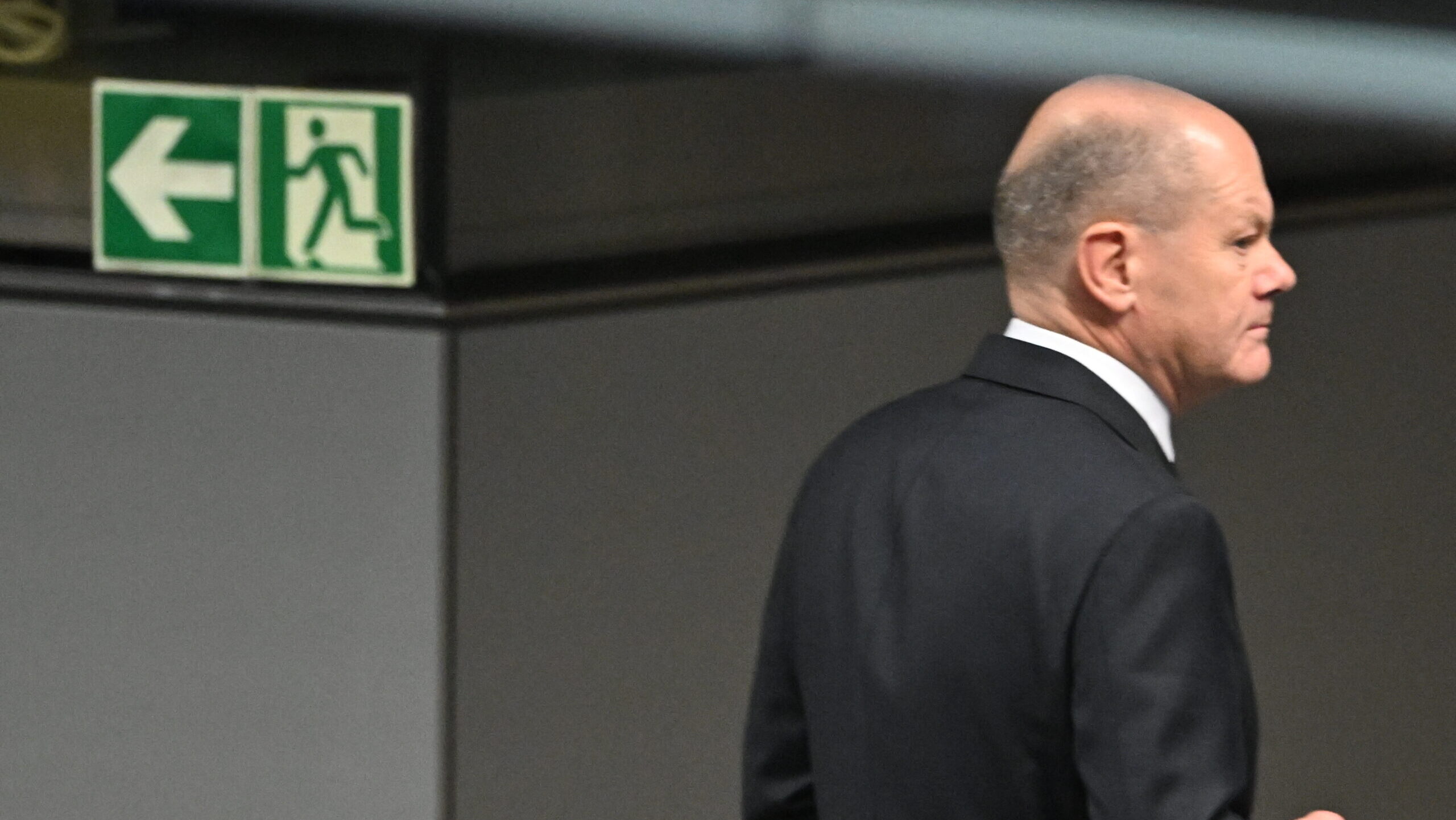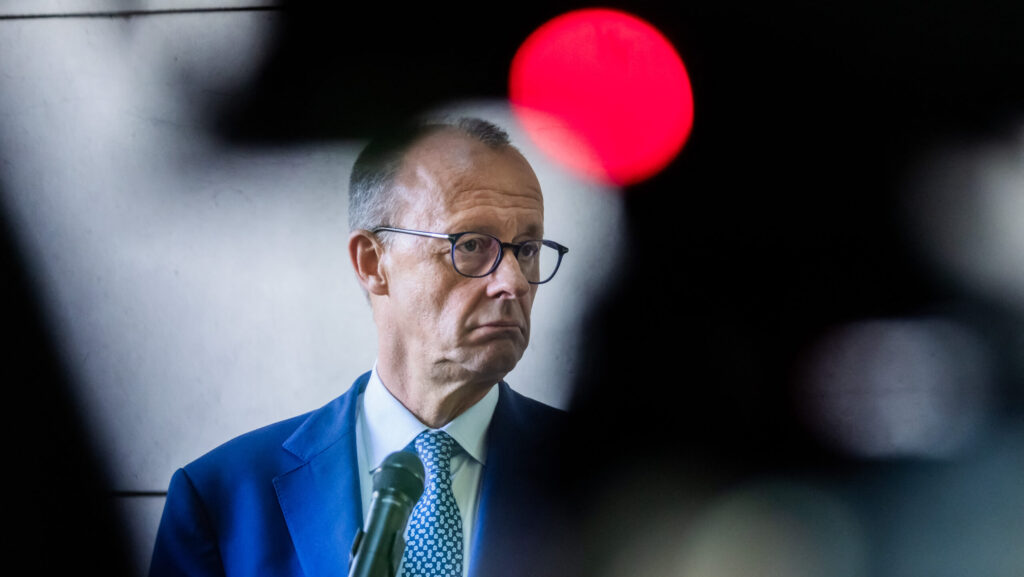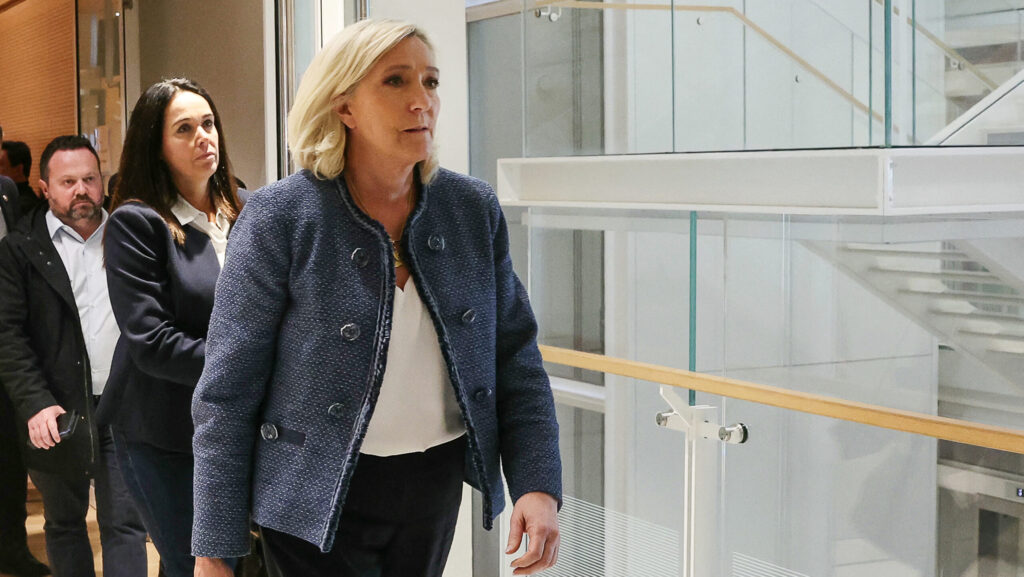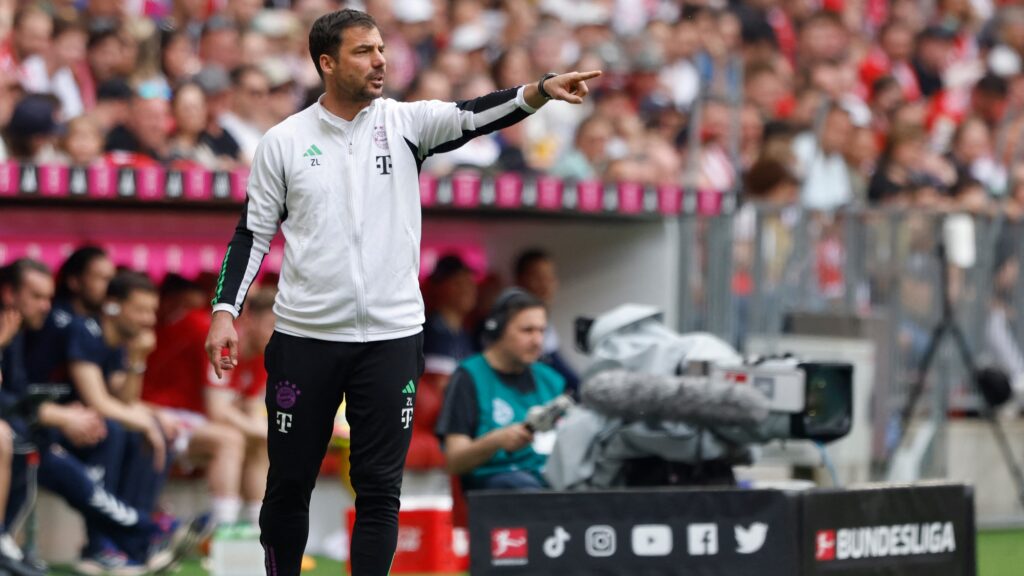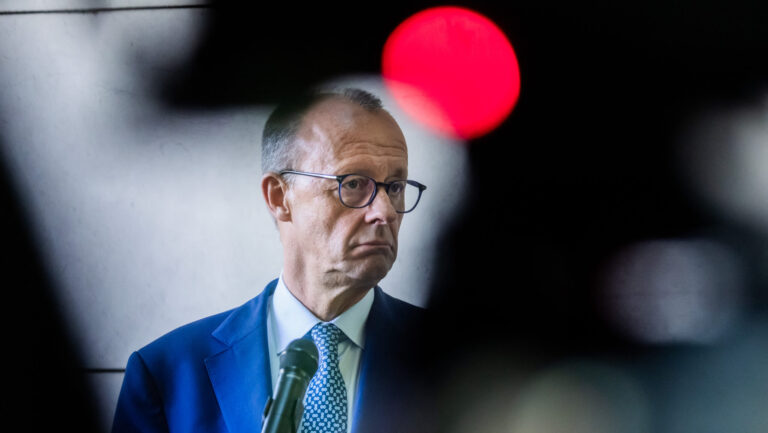The German traffic-light coalition will not last until the next parliamentary elections, as the lower house of the German parliament withdrew its confidence in Chancellor Olaf Scholz on Monday. This decision paves the way for early elections, which could take place in as soon as two months.
In the vote, 207 MPs supported Scholz—primarily from the remaining governing coalition parties, the Social Democrats and the Greens—while 394 voted against, and 116 abstained. It was widely anticipated that the German chancellor would lose the vote, as Scholz himself initiated the motion of no confidence—described by many as a ‘kamikaze’ move. However, most experts agree that it was a strategic decision aimed at improving the electoral prospects of his party, the Social Democratic Party (SPD).
The three-party governing coalition—comprising the SPD, the Greens, and the Free Democratic Party (FDP)—collapsed in November when the FDP withdrew after the ousting of its finance minister and party leader, Christian Lindner. As expected, the primary point of contention was fiscal policy: the Social Democrats and Greens pushed to relax Germany’s strict debt rules to fund support for Ukraine and critical infrastructure projects, while the business-friendly liberals prioritized reducing national debt.
‘Scholz himself initiated the motion of no confidence—described by many as a “kamikaze” move’
As things stand, the opposition Christian Democrats (CDU/CSU) are positioned as front-runners in the upcoming early elections. According to POLITICO’s Poll of Polls, the CDU/CSU currently holds 32 per cent support, while the coalition parties lag significantly behind: the SPD stands at 17 per cent, the Greens at 12 per cent, and the FDP at 5 per cent.
The early elections could also benefit anti-establishment parties, particularly the right-wing, anti-immigration, and pro-peace Alternative für Deutschland (AfD). The AfD has seen significant growth in recent years, performing well in state elections, and is now Germany’s second-largest party, with 19 per cent of the electorate supporting it. However, despite its growing popularity, the AfD faces significant barriers. The establishment parties continue efforts to demonize and marginalize the party, excluding it from politics. Consequently, the chances of the AfD entering government remain effectively nil. Despite the CDU’s need for a strong coalition partner, no party is willing to form an alliance with the AfD due to the cordon sanitaire policy applied to it.
‘Germany needs a new beginning: freedom and free enterprise instead of climate socialism, affordable and secure energy instead of a transitioning planned economy. Above all, it needs a renewed sense of reason over ideology and a focus on German interests rather than warmongering,’ said Alice Weidel, co-chair and parliamentary group leader of the AfD, ahead of Monday’s vote.
EU Giants in Deep Political Crisis
Just days before Scholz’s fall, the French government also faced a vote of no confidence. Just like in Germany, the motion succeeded, forcing the cabinet led by Michel Barnier to resign. Barnier’s government, which had been in power for barely three months, nonetheless made history: it was the first time since 1962 that the French parliament had withdrawn its confidence in the government.
However, in contrast to Germany, there will be no early elections. It is because President Emmanuel Macron had already called for early elections following the European Parliament elections in June, which contributed significantly to the current political crisis.
Macron has since appointed François Bayrou as the new prime minister. Notably, Bayrou hosted Marine Le Pen and Jordan Bardella, leaders of the right-wing National Rally (RN), as the first among all parliamentary parties at his residence. In the first round of the early elections back in June, the RN secured the highest number of votes with 33 per cent. However, electoral alliances formed in the second round specifically to block an RN victory led to its third-place finish with 24.6 per cent, behind the far-left New Popular Front (NFP) alliance and Macron’s centrist Ensemble (ENS) alliance.
Ideology over Reason
In France, as in Germany, it was the budget that triggered the downfall of the government, but the causes run much deeper. The reality is that neo-liberal, progressive, left-wing governance has failed to provide adequate solutions to the challenges that have plagued Europe for years, including illegal immigration, declining competitiveness, and the war in Ukraine.
Germany has faced a significant influx of immigrants, many entering the country illegally, as a result of the Willkommenskultur (welcome culture) introduced by Angela Merkel in 2015. Meanwhile, ordinary Germans are increasingly experiencing the negative consequences: a drastic decline in public safety, an overwhelmed immigration system, and billions of euros spent on migrants. Understandably, these issues have fuelled growing social discontent with mainstream parties.
Compounding this is the German government’s climate policy, driven by the Greens, which has imposed significant burdens on the economy. The closure of nuclear power plants, the introduction of strict—and arguably counterproductive—green taxes, and policies that have crippled the automotive industry and agriculture have all backfired. Additionally, the decision to move away from cheap Russian energy, once the backbone of German industrial performance, has further weakened Europe’s economic powerhouse.
At the same time, the German government has been a steadfast supporter of Ukraine, providing substantial financial aid and resources to Kyiv—efforts that inevitably impact the German electorate.
‘Neo-liberal, progressive, left-wing governance has failed to provide adequate solutions to the challenges that have plagued Europe for years’
A similar situation exists in France, albeit with some notable differences. The French leadership, for example, has adopted a more pragmatic approach to climate policy, particularly by maintaining support for nuclear energy. However, Macron remains one of Europe’s most pro-war leaders, occasionally raising the controversial prospect of sending French troops to Ukraine.
Anti-Establishment Forces on the Rise
Not surprisingly, both in Germany and France, there has been a significant strengthening of anti-establishment, anti-immigration, pro-peace, and sovereigntist right-wing forces. However, the RN and AfD remain effectively excluded from governing as mainstream parties fight relentlessly to prevent them from gaining power, often resorting to questionable and aggressive tactics.
In Germany, for instance, a renewed political debate recently emerged over whether the AfD should be banned altogether. Meanwhile, Marine Le Pen—widely regarded as the most likely candidate to become president of the republic, despite elections not being scheduled until 2027—faced demands from prosecutors in late November for a prison sentence in an embezzlement case. This bears an unsettling resemblance to the Democratic Party’s legal campaign against Donald Trump in the United States—a strategy that, however, ultimately backfired.
A similar practice can be observed in the EU political arena, where mainstream political groups in the European Parliament, disregarding the results of the June elections, denied the right-wing sovereignist Patriots for Europe (PfE) political group their rightful positions as committee chairs and vice-chairs.
It is already becoming clear that the dominance of mainstream, progressive political forces is coming to an end. The will of the electorate cannot be ignored indefinitely. Across Europe, an increasing number of people are recognising the shortcomings of the current governance, growing disillusioned with policies that have driven the EU into crisis.
The signs are unmistakable: right-wing, anti-establishment parties are achieving significant victories in Member States such as Austria, the Netherlands, and Italy. Change is no longer just desirable; it is essential. A Europe that prioritizes balanced economic performance, peace, and stability will not only serve the interests of its own citizens but will also benefit the entire world.
Related articles:

